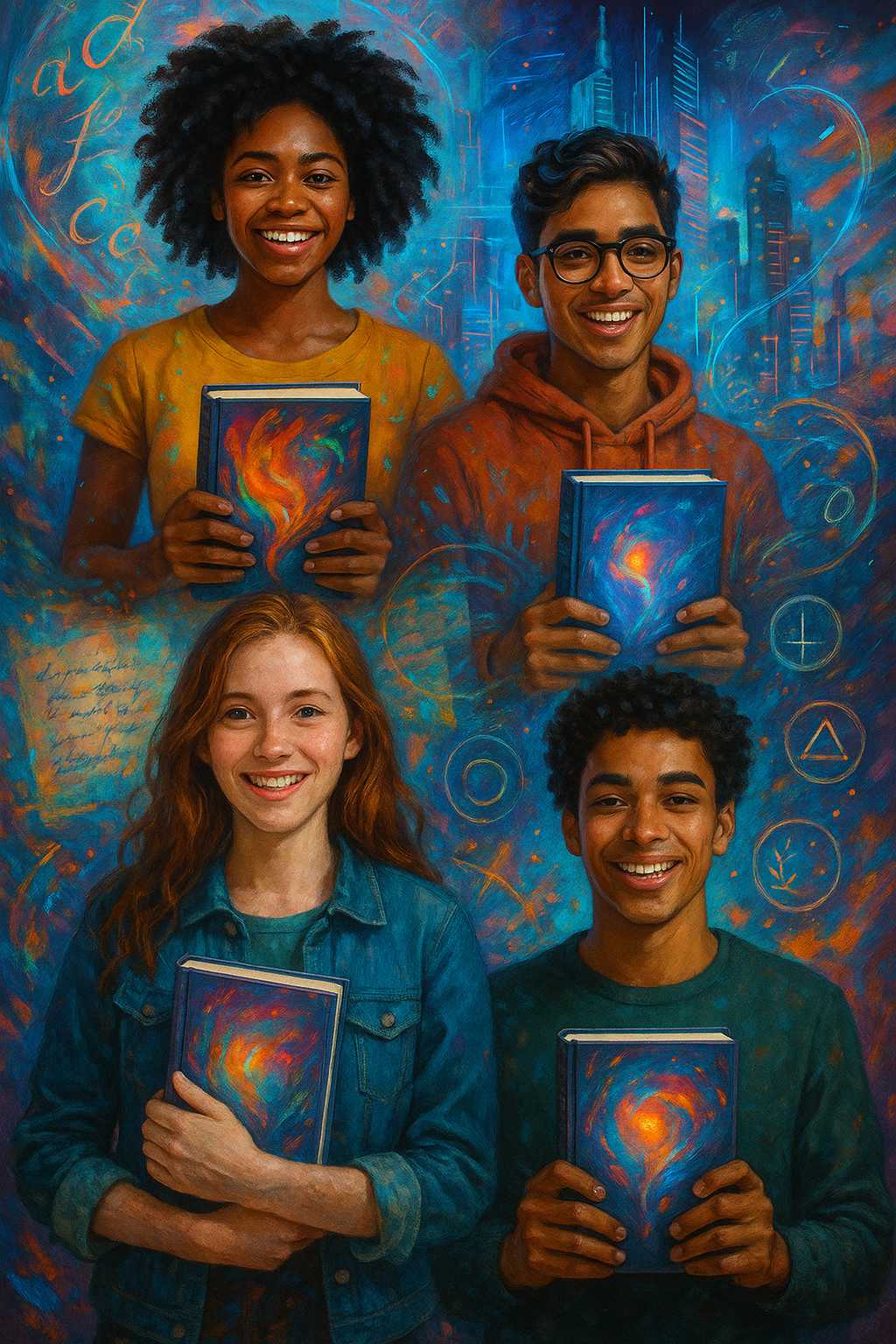Each year, a fresh wave of emerging authors arrives on the literary scene, reinvigorating contemporary fiction with innovative voices and bold storytelling. These writers, often unburdened by the traditions that shaped previous generations, are experimenting with form, genre, and theme in ways that push the boundaries of the written word.
What sets many of these newcomers apart is their willingness to tackle previously marginalized perspectives and explore complex social realities. From autofiction that blurs the boundaries between autobiography and invention, to speculative tales that interrogate the future of identity and technology, contemporary newcomers are reshaping our understanding of what fiction can achieve.
The publishing landscape itself has evolved alongside these changes. Indie presses, online literary magazines, and social media platforms are giving writers unprecedented opportunities to connect with readers—and each other. Debut novels like Raven Leilani’s "Luster" or Torrey Peters’ "Detransition, Baby" have not only garnered critical acclaim but sparked meaningful conversations about race, gender, and the modern human experience.
For readers, this is an opportunity to discover stories that feel genuinely new—narratives that invite us to expand our empathy and understanding of the world. Whether you’re a fan of plot-driven page-turners or introspective, character-driven tales, exploring the works of emerging authors can remind us why storytelling matters. The future of literature is wide open, and these newcomers are lighting the way.


Leave a Reply